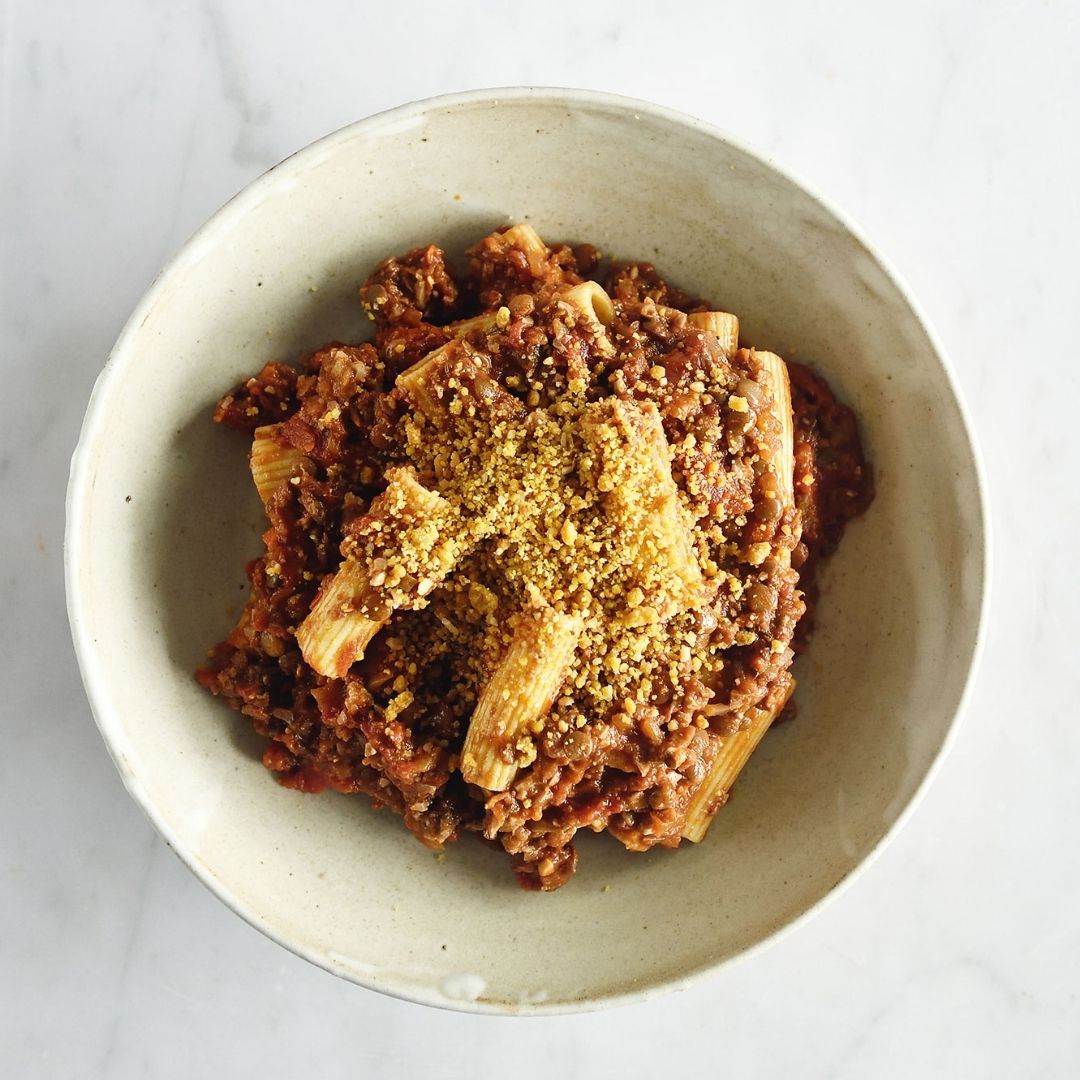
Keto Diet vs Plant-Based Diet
Share
What is Keto? Where is Keto? Why is Keto?
At some point in your life, you have probably run into a person who has said that they are on a Keto diet and you have stood there dumbfounded wondering what the heck is a Keto and how you need to upend your thinking about diets, again. No need to worry, Faba is here again to give you a bit of knowledge about diet and nutrition and to dismantle some of the complexities around Keto dieting and how that can relate to plant based eating as well.
What is a Keto Diet
Keto, or more specifically Ketogenic, diets have grown in popularity over the last twenty years and refer to diets that help induce a physiological response called Ketosis. Ketosis, to put it simply, is a state in which your body burns fat for fuel. The human body will burn calories of whatever source of energy it has to hand and what yields the most energy for its volume. Carbohydrates are usually first consumed by your body and yield large bursts of energy whereas fats and proteins burn more slowly and release energy at a more even rate. The aim of a Keto diet is to radically reduce consumption of carbohydrates to induce a state of ketosis so that your body will start consuming stores of fat in the body. The end result of a state of ketosis is twofold: 1. A reduction in body fat; and 2. A more even production of insulin and blood sugar.

Ketogenic diets stated aims are to improve overall health through this reduction of consumption of carbohydrates. Over the years there have been many variations that feature the functional induction of Ketosis that you might have heard of such as the Atkins diet or the South Beach diet but the consumption patterns are the same: Low Carbohydrate, High Fat, and High Protein.
What can I eat on a Keto Diet
A Keto diet can give you quite a varied and balanced diet with one exception, you must consume a minimal amount of carbohydrates. Some Keto dieters have meal plans that feature nothing but bacon and eggs, some do all vegetables, it depends on what you personally wish to consume.

A diet that aims to induce ketosis does require a bit more thought than what you may be used to as it requires you to consume larger amounts of foods that previously you may have been told are “bad”. If you are used to counting macronutrients and calories, a rough rule of thumb for a % calorie split in a Keto diet is: 5% Carbohydrates, 25% Protein, 70% Fat. That’s a lot of fat!
As for what you can eat, it typically requires consuming a lot of dark green leafy vegetables (such as kale or spinach), fatty proteins (such as red meat, chicken with skin, fish, or organ meat), seeds & nuts, full-fat dairy products, or anything else that is nutritionally dense in fat, protein, or fibre.

Although fibre is a carbohydrate, for the purpose of a Keto diet, it is not digested by your body as a simple carbohydrate and so isn’t included in your daily count. Fibre doesn’t negate carbs, it just isn’t counted as one.
One of the main considerations to make with a Keto diet is that due to the high consumption of proteins and fats, the cost of eating on Keto d iet can be higher comparatively to other diets as high quality proteins (especially meat) are more expensive.
A full list of what is permissible in a Keto diet can be found here.
What is the difference between a Keto and Plant Based Diet?
The main difference between a Keto diet and a Plant Based diet is the allowance for animal products in a Keto diet. Most common plans for a Keto diet recommend consuming large quantities of high fat animal protein such as Steak or Bacon, a Plant-Based diet obviously does not allow for this. Both diets do similarly aim to promote better health and broadly encourage the consumption of some very healthy ingredients such as dark leafy greens, nuts & seeds, and omega rich oils.
The next difference between the two diets is in the stated aim of both diets. As mentioned above a Keto diet aims to induce Ketosis in the body of the dieter to facilitate positive health benefits (weight loss) whereas a Plant Based Diet purely aims to substitute animal based products which then may have positive health benefits (without the aid of Ketosis). Keto dieting requires the drastic reduction of consumption of Carbohydrates whereas a Plant-Based diet has no such requirement and is more focussed on purely meeting the average nutritional needs of a person which changes without the consumption of animal products (for example a plant-based diet requires careful consumption of food to meet Vitamin B12 and Iron needs).
Can I be on a Keto and Plant Based Diet at the same time?
Yes, with some caveats. It does almost go without saying: if there are any animal products in a Keto diet plan, it cannot be a Plant-based diet. So no, if you have a keto diet where tempeh is cooked in lard, it is not also Plant-based. Sorry.
A Plant-Based diet can also be Keto but there are some challenges. As mentioned in our article on Plant-based proteins, Plant-based proteins have lower bioavailability which means that if your diet requires higher consumption of protein (on average), you will have to consume proportionally much more plant-based protein to meet this need. This then causes a further challenge for a Keto diet as most plant-based proteins also typically contain a higher amount of carbohydrates when compared to animal proteins, so your selection of plant-based protein has to be carefully monitored to meet the requirements of a Keto diet.
So which diet is better for me?
Both diets can have positive health benefits if you can integrate them into your lifestyle and ultimately whichever diet you would like to commit to will depend on your own health and nutrition goals as well as whether you can personally commit to the diet over the long term.
Faba does not make specific Keto products but we are 100% plant-based and we do publish all of our nutritional information so if you think it can fit a Faba Meal in your diet, order your first bundle today.




